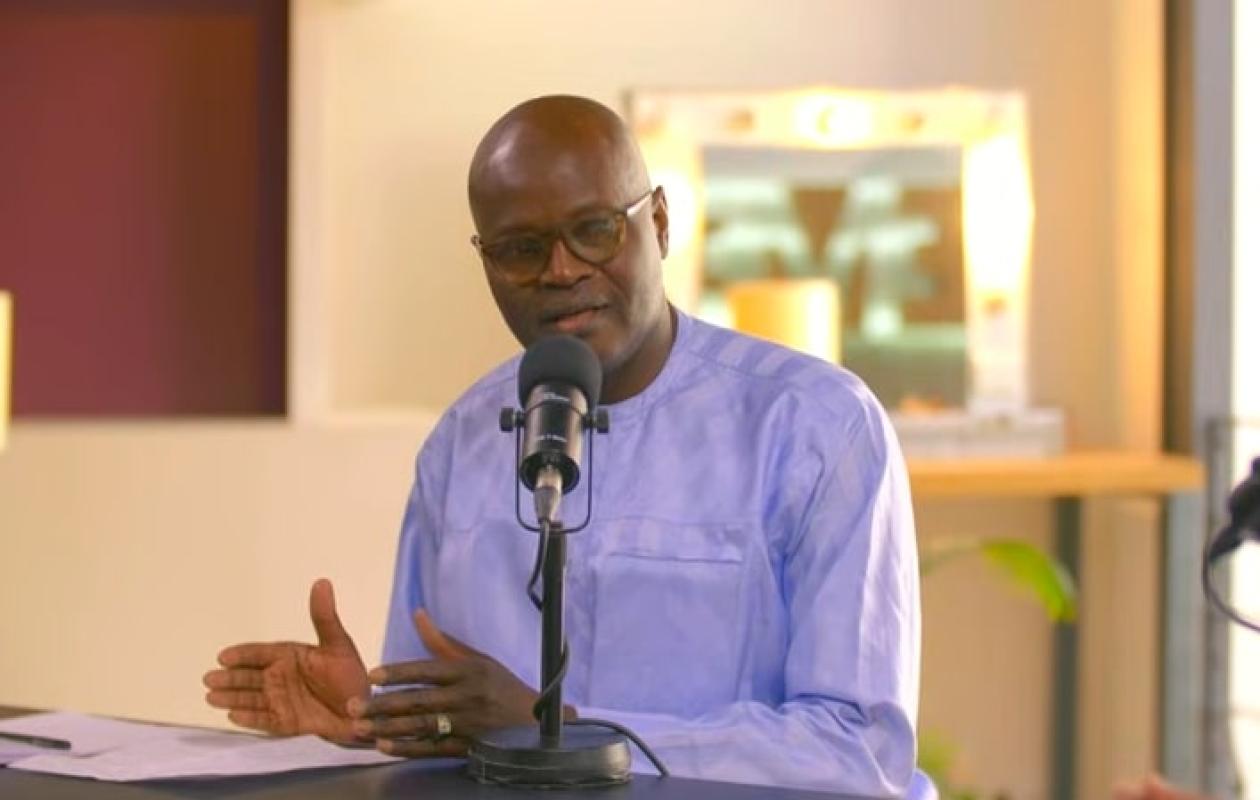
Abdou Cissé (économiste) : « La protection sociale doit s’adapter à nos réalités culturelles et économiques »
Invited to the "Sunday Jury" program on iRadio, economist Abdou Cissé discussed the economic and social situation in Senegal. He believes that social protection, debt management, and the national financial culture need to be rethought. The major challenge, he says, is to build a sustainable system, adapted to Senegalese realities, capable of ensuring social equity and supporting economic development. "Social protection in Senegal suffers from a lack of coherence and effectiveness," explains Mr. Cissé.
“When you take social protection into account, it’s about protecting the people socially. But when you protect them, you establish different branches. And the most important branch, the two most important branches, are health and retirement,” he notes. He then laments that certain branches, such as social assistance or Universal Health Coverage, have been sidelined, and that funding still largely depends on the state.
"Today's social protection in Senegal is partly subsidized by the state. So, it's not social protection. The people need to be united around a social contract in which everyone's contributions are used to demonstrate social protection."
To make the system viable, he proposes a universal and accessible contribution mechanism. "To provide social protection in Senegal, we require all working people to contribute 500 or 1,000 CFA francs per month. Now, we've just reached a point of operational implementation by connecting banks and fintech companies. That's excellent. It makes it easier to collect premiums."
"For example, in the health sector, initially we won't reimburse 100%, maybe 60%. We're going to address the problem with the hospitals."
The economist also emphasizes the crucial role of financial literacy in economic success. "When you look at our financial culture, it's based on rotating savings and credit associations, which is excellent. But there's also the spending. When a child is born in Senegal, everyone comes to give you money. But we don't prepare the child."
He highlights the potential of local structures and cultural practices, such as the tontine, to build a financial system adapted to the African context. "That is why our social protection can only be built on the basis of our cultural realities."
Entrepreneurship and civic responsibility
Cissé also emphasizes the central role of entrepreneurs in development: "I think that on TV, we should invite more people who are entrepreneurs, who have built, created wealth, created jobs, rather than inviting people to talk about politics."
According to him, responsible financial management, both public and private, must become a national priority, and debt must be treated as a tool for development, not a burden. "Business leaders look at their debt, cash flow, assets, and production. They manage like a prudent head of household. Debt, inherited from another transaction, may need to be repurposed."
Commentaires (1)
Il urge donc de transformer la Sécurité Sociale du Pays en englobant toutes les branches, y compris la maladie. C'est le fameux Projet de Fusion des organismes sociaux dont l'État tarde à mettre en place.
Participer à la Discussion
Règles de la communauté :
💡 Astuce : Utilisez des emojis depuis votre téléphone ou le module emoji ci-dessous. Cliquez sur GIF pour ajouter un GIF animé. Collez un lien X/Twitter, TikTok ou Instagram pour l'afficher automatiquement.